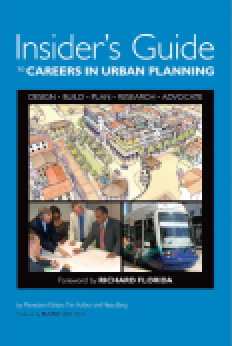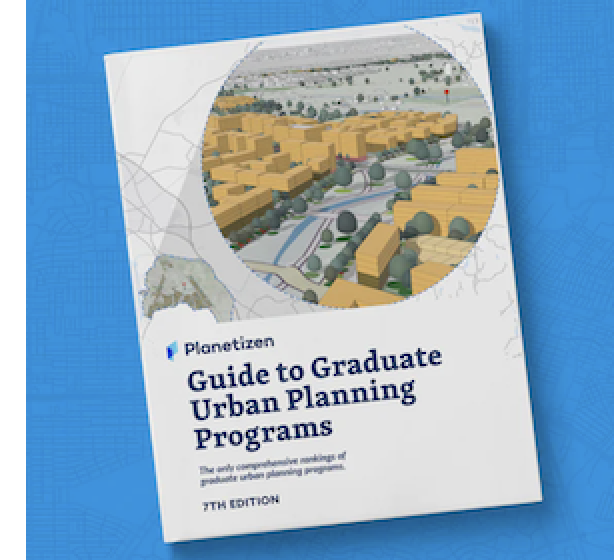The policy is aimed at reducing the cost of building affordable housing and helping affordable housing developers to better compete on property acquisitions.

When the city of Cambridge passed its 100 Percent Affordable Housing Overlay (AHO) ordinance in October of 2020, supporters hoped it would "reduce affordable housing development costs by 10 to 15 percent per leasable square foot" and make it more possible to build affordable housing in the city. Andrew Gibbs analyzes the key provisions of the ordinance, which include a requirement that "at least 80 percent of rental dwellings (or 50 percent of for-sale dwelling units)" in a district " are dedicated to households making up to 80 percent of Area Median Income (AMI)" as well as exemptions related to height and density limits, parking requirements, and lot coverage. "The AHO removes off-street parking requirements, unless needed to conform to other laws," eliminating the need to build costly parking, which costs $25,752 per surface parking space in the Boston metro area.
"The AHO gives property owners the 'as-of-right' ability to develop affordable housing in Cambridge," a measure designed to "reduce execution risks and give lenders more confidence to provide land acquisition and pre-construction loans." Though the exact potential impacts are hard to quantify, the new provisions "should help affordable developers make competitive offers for developable land in Cambridge" and, if the reduction in development costs holds true at 10 to 15 percent, "the effect of the AHO should be an equivalent increase in affordable housing units built each year." While the AHO will not entirely solve Cambridge's housing issues, "the AHO has the potential to add a material number of new affordable homes and set a new industry standard for cities using comprehensive zoning tools alleviate affordability burdens."
FULL STORY: WHAT CAN WE EXPECT FROM CAMBRIDGE’S NEW AFFORDABLE HOUSING OVERLAY?

New Florida Law Curbs HOA Power
The legislation seeks to cut down on ‘absurd’ citations for low-level violations.

New Tennessee Law Allows No-Cost Incentives for Affordable Housing
Local governments in the Volunteer State can now offer developers incentives like increased density, lower parking requirements, and priority permitting for affordable housing projects.

Planners’ Complicity in Excessive Traffic Deaths
Professor Wes Marshall’s provocatively-titled new book, "Killed by a Traffic Engineer," has stimulated fierce debates. Are his criticisms justified? Let’s examine the degree that traffic engineers contribute to avoidable traffic deaths.

Study: Housing Crisis is About Affordability, not Supply
New research shows that there is no overall shortage of housing units, but all U.S. metropolitan areas face a severe lack of affordable units for low-income renters.

Are Race-Based Lawsuits Affecting Community Lenders?
Shelterforce spoke with community lending leaders and experts about the current mood across the sector. What, if anything, are organizations doing to avoid becoming the next target of conservative activists?

New Park Promotes Community and Connectivity in Lewisville, Texas
The city of Lewisville just celebrated the opening of Glory Park/Parque la Gloria, helping to improve park access and the quality of life for residents.
City of Madera
City of Santa Clarita
Borough of Carlisle
HUD's Office of Policy Development and Research
Chaddick Institute at DePaul University
HUD's Office of Policy Development and Research
Colorado Energy Office
Pima County Community College District
City of Piedmont, CA
Urban Design for Planners 1: Software Tools
This six-course series explores essential urban design concepts using open source software and equips planners with the tools they need to participate fully in the urban design process.
Planning for Universal Design
Learn the tools for implementing Universal Design in planning regulations.



















670d.png)

1784.png)




